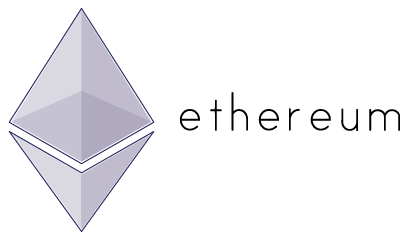
After years of development, flickering just outside of mainstream consciousness and acceptance, Ethereum is being embraced as the new darling of the world’s largest institutions and now countries.
The Ethereum technology is specifically intended to support smart contract applications that can automate complex physical and financial supply chain procedures and compliance processes involving multiple parties. It has numerous potential internal end uses such as reconciliation.
In late February 2017, the Enterprise Ethereum Alliance (EEA) launch was aimed at developing enterprise-focused solutions with the open-source ethereum as a basis but that are, in some cases, more privacy-oriented. Conversely, the idea is to create a kind of positive feedback loop that leads to improvements of the public blockchain protocol as well.
In May 2017, corporate support swelled for the Enterprise Ethereum Alliance (EEA) after 86 firms including State Street, Toyota, Merck, ING, Broadridge and Rabobank joined the collective that is seeking to use blockchain technology to run smart contracts at Fortune 500 companies.
Now in June 2017, Putin met Ethereum founder Vitalik Buterin during the St. Petersburg Economic Forum last week and expressed support for his plans to build contacts with local partners to implement blockchain technology in Russia, according to a statement on Kremlin’s website.
Ethereum has already been in use by Russia’s central bank as a part of a pilot project to process online payments and verify customer data with lenders including Sberbank PJSC, Deputy Governor Olga Skorobogatova said at the St. Petersburg event. She didn’t rule out using Ethereum technologies for the development of a national virtual currency for Russia down the road, reports Bloomberg.
Russia is now doubling down, as this week the Russian state development bank VEB agreed to start using Ethereum for some administrative functions. Steelmaker Severstal PJSC tested Ethereum’s blockchain for secure transfer of international credit letters.